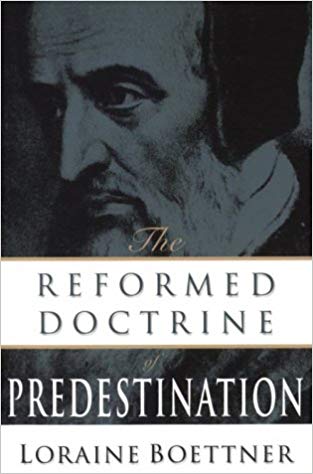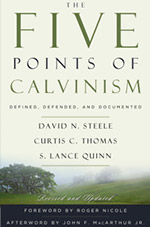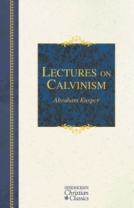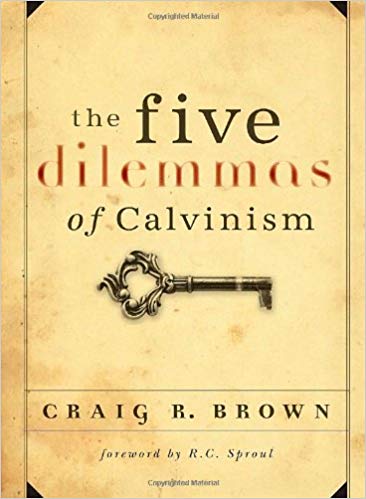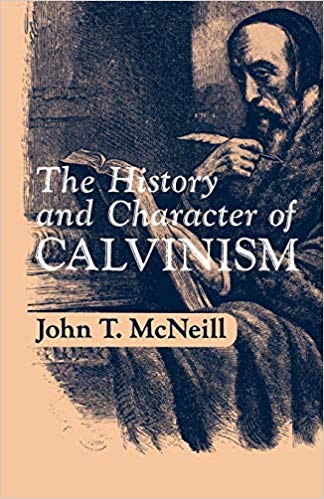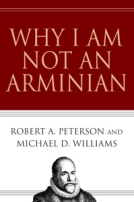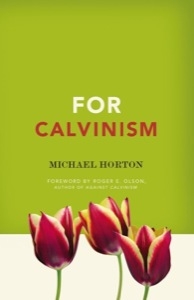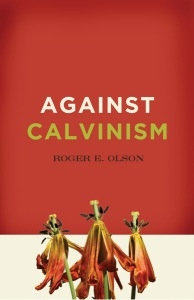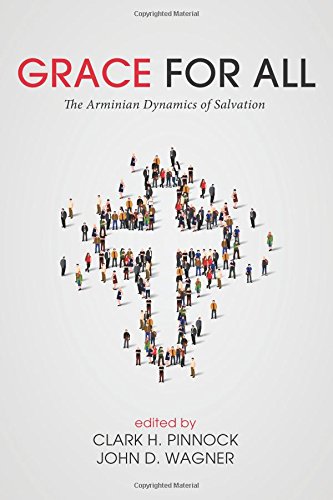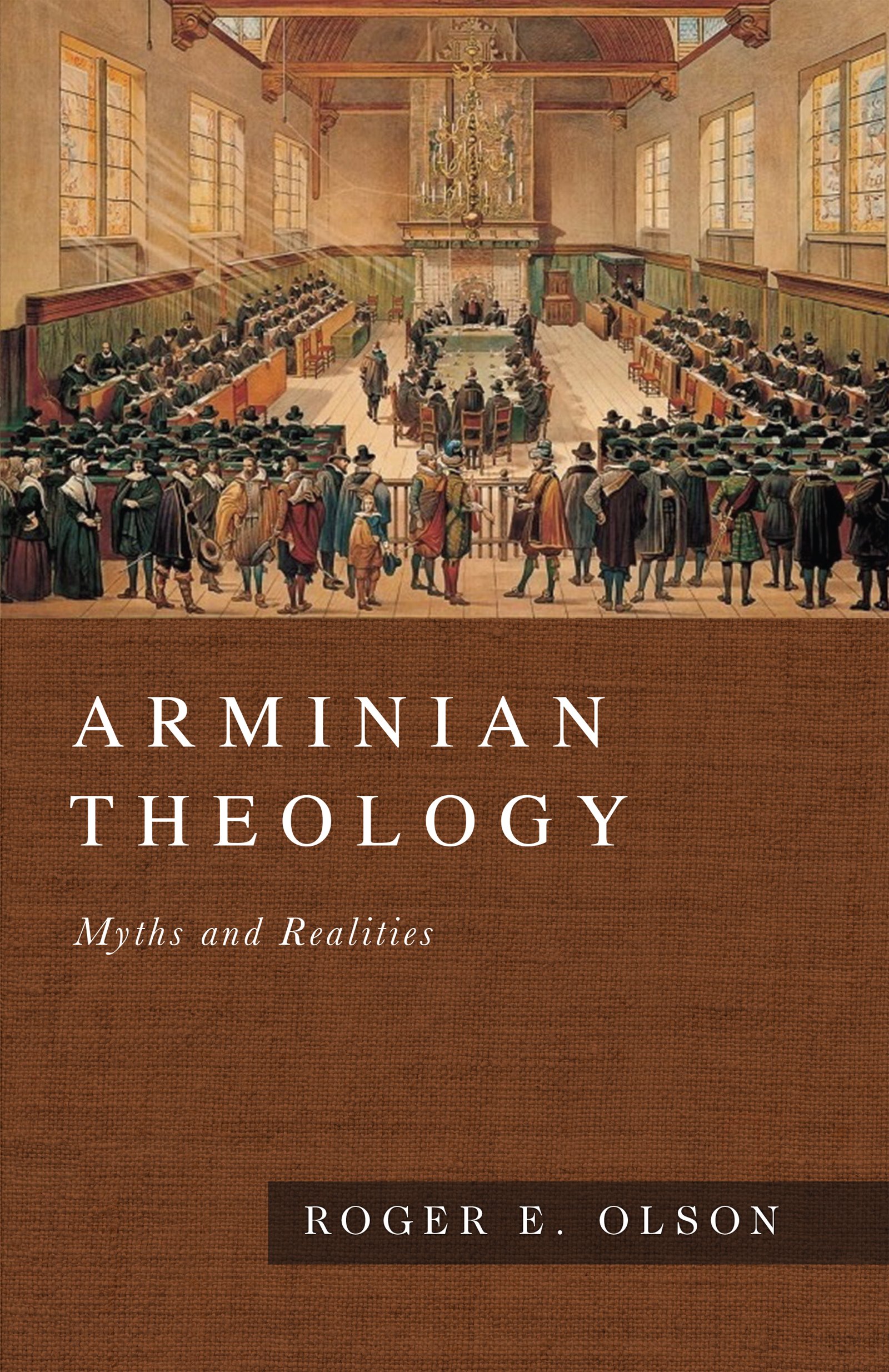Arminians claim Calvinism hinders evangelism and that election somehow keeps some sinners “out” who would otherwise desire to be saved.
If the Arminian view of predestination and foreknowledge is true (that God simply “foreknows” who will be saved) and God’s election of sinners is based upon this knowledge, then the number of those who will be saved, according to Arminians, is as fixed and certain as those of the Calvinist. There cannot be a single sinner more who is saved, according to the Arminian position, than the exact number previously foreknown – and thus chosen by God. Therefore, the exact same (false!) argument can be charged against the Arminian that is often leveled against the Calvinist: If God already foreknows everyone who is going to be saved – and that number is fixed and certain – then why evangelize?
The answer is simple:
God uses means to save sinners. Whether one is a Calvinist or an Arminian, both acknowledge the use of means (cf. the necessity of preaching the gospel) in order for sinners to be saved.
The difference, however, is the basis upon which the number of elect is fixed and certain. The Arminian limits the number of those who are saved by God’s prescience – simple foreknowledge – as if God gazes through a cosmic crystal ball to see who will believe. This, of course, begs the question – how did they come to believe? The doctrine of simple foreknowledge must still wrestle with the questions of man’s depravity and inability in his fallen nature to rise above his inbred enmity. One could rightly argue, even if simple foreknowledge were true, that those whom God “foreknew” would believe were the same whom he enabled by his Spirit to believe. Foreknowledge does not settle the matter of man’s depravity and the necessity of the effectual work of the Spirit of God in order for men, who are dead in sin, to come savingly to Christ.
The Calvinist, on the other hand, limits the number of the elect to God’s own pleasure, purpose, counsel, will and decree. And thus says that God’s foreknowledge is certain, not because God “foresees” but because he “foreordains.” God knows what shall happen because he has decreed the end from the beginning.

